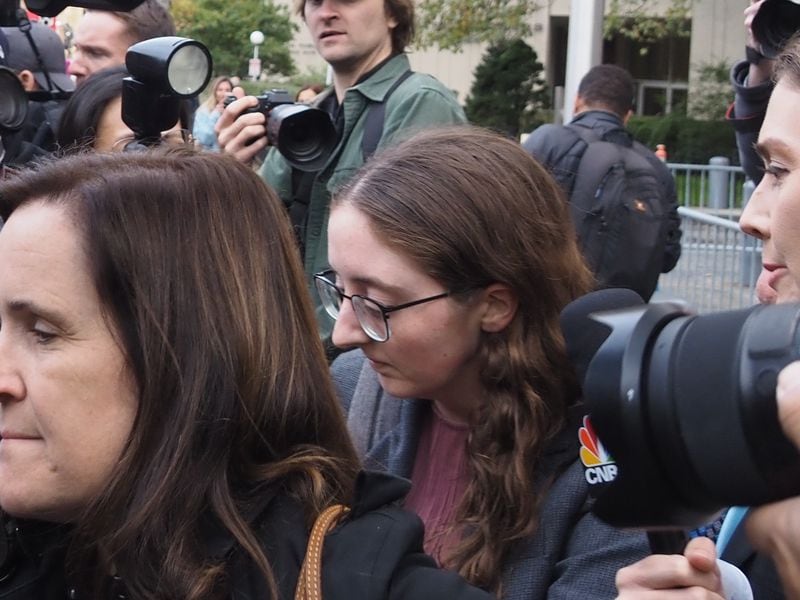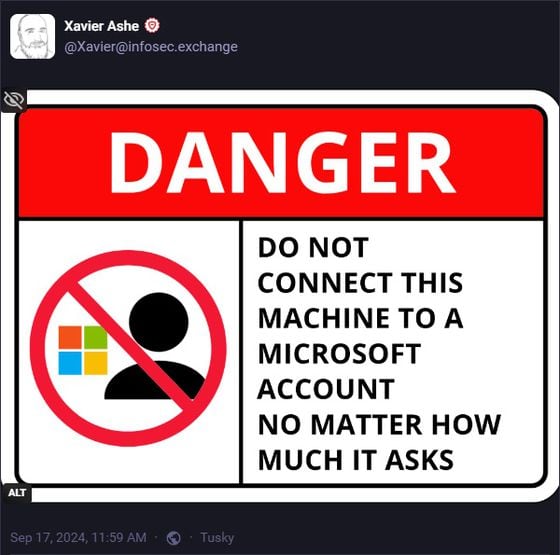
前 Alameda Research CEO Caroline Ellison 将在几个小时内得知她的命运。她可能会在接下来的几个月或几年里坐牢,但她的律师、司法部和缓刑办公室似乎都认为她在提供合作方面应该保持自由。
您正在阅读《加密状态》,这是 CoinDesk 的一封新闻简报,关注加密货币和政府之间的交集。 点击这里 注册获取未来的版本。
前 FTX 集团执行 Caroline Ellison 的律师认为,在与检察官、FTX 的破产财产和FTX 的债权人合作后,她不应该在监狱里度过任何时间。检察官没有提供具体建议,但要求低于指导方针的判决。
Caroline Ellison 是 Alameda Research 的 CEO,她自己说,她篡改了 FTX 集团发送给借款给 FTX 的公司的资产负债表,以掩盖其实际财务状况。周二,一名联邦法官将决定她是否入狱以及她是否会在监狱里度过多少时间。
Caroline Ellison 在 Sam Bankman-Fried 领导下经营 Alameda Research,而 Sam Bankman-Fried 也曾是她的短暂恋人。与其他 FTX 高管一起,她在公司倒闭后不久被捕,并于 2022 年 12 月对欺诈和阴谋指控认罪。
Bankman-Fried 于去年底因相同指控被判有罪,根据判刑指南,政府的缓刑办公室建议超过 100 年的刑期,最终被判处 25 年监禁。Ellison 的刑前调查报告建议缓刑三年和已服刑时间 - 也就是不用坐牢 - 她的律师本月早些时候表示。
Ellison 的律师还辩称,她不应该在监狱里度过任何时间,理由是她与司法部的合作 - 包括对 Bankman-Fried 的证词 - 以及她为帮助债权人和 FTX 的破产财产恢复资金所做的工作。作为判决备忘录的一部分,Ellison 的律师包括了 FTX 现任 CEO John J. Ray III 和 FTX 债权人的律师的来信(以及朋友和家人的支持性便条)。
DOJ没有提供具体的判决建议,不像对待 Bankman-Fried(检察官表示他应该在监狱里度过40或50年,低于缓刑办公室的100年建议)。相反,检察官表示他们将根据判决指南的第5K1.1节提出动议,这意味着他们建议低于指南计算的刑期。
"Ellison 合作的速度特别不寻常,她在短时间内与政府会面了多少次,以及她多快就对她参与复杂金融欺诈的全部不当行为认罪。" DOJ 的文件说。 "这需要在短时间内与政府进行多次长时间的会面,以及一种她准备从合作开始就对政府完全坦诚,并接受对她的犯罪完全负责而没有最小化或逃避的心态。"
剩下的变数是监督去年审判并亲眼见证了 Ellison 证词的法官 Lewis Kaplan。
Kaplan 今年早些时候判处前 FTX Digital Markets CEO Ryan Salame 七年多监禁。与 Ellison 一样,Salame 对刑事指控认罪,但与她不同的是,他没有作证或提供同样的合作。他也面临不同的指控,但他的刑期表明,如果 Ellison 确实入狱,她的极限刑期将是几年。
在 Ellison 之后,前 FTX 高管 Nishad Singh 和 Gary Wang 是剩下的两名将被判刑的高管。鉴于三人的情况相似,Ellison 的刑期可能会成为他们实际可能面临的刑期的强烈信号。
几年前,Coinbase 提出请愿,试图迫使美国证券交易委员会就数字资产进行规则制定。监管机构反击,称当时不需要定制的规则制定。
周一,一家联邦上诉法院听取了 SEC 和 Coinbase 就这一持续努力的论点。Eugene Scalia,Gibson Dunn 的合伙人,辩称上诉法院应该强迫 SEC 解释他们如何定义数字资产(或与数字资产交易)为证券,并解释这些规则可能如何可行。
"SEC 自己将注册作为优先事项,需要立即解决注册不可能的事实," Scalia 说。
SEC 律师 Ezekiel Hill 反驳说,Coinbase 在法庭前的申请并不符合让法院强制监管机构进行规则制定程序的"罕见情况"。
Hill认为SEC没有义务为加密货币创建特定的框架,已经有一些公司遵守了联邦证券法。对于加密货币,SEC已经使用了豪伊测试。
"Hill说,证券框架并不是建立在可能遵守的基础上。"他说:"它平衡了许多利益,包括投资者保护、公平和有效的市场、资本形成,不是每个想要参与证券市场的人都能做他们想做的事情。这不是数字资产证券的独特问题。"
法官们在听证会期间对Hill提出了比对Scalia更多的质疑,但目前尚不清楚他们可能会做出什么裁决。
有趣的一点是,Hill反复提到"数字资产证券"——SEC几周前告诉华盛顿特区法官他们将停止使用这个术语——尽管他在听证会后期说"数字资产不是证券",但它"可以成为投资合同的对象"。

星期一
星期二
星期三

如果您对我下周应该讨论的内容有想法或问题,或者您想分享其他反馈,请随时通过电子邮件联系我nik@coindesk.com,或在Twitter上找到我@nikhileshde。
您也可以加入Telegram上的群聊。
下周见!
免责声明:本文章仅代表作者个人观点,不代表本平台的立场和观点。本文章仅供信息分享,不构成对任何人的任何投资建议。用户与作者之间的任何争议,与本平台无关。如网页中刊载的文章或图片涉及侵权,请提供相关的权利证明和身份证明发送邮件到support@aicoin.com,本平台相关工作人员将会进行核查。




